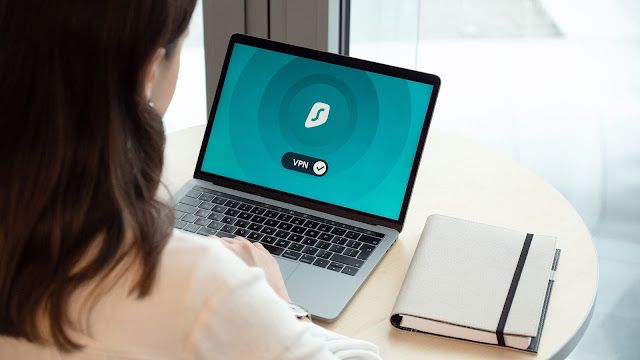Throughout the past decade, the cybersecurity industry has shown a great increase in VPN usage. Recent trends don’t lie—VPNs are among the most popular forms of security available right now, especially for people managing IoT devices.
But what is VPN for? In a time where a pandemic has forced us to work from home, encrypted communication is important, which is exactly what a VPN provides.
5 Things to Consider
Choosing a VPN can be difficult. To soften the blow that is having to research dozens of VPNs, allow me to tell you the 5 things you should consider when looking for the perfect VPN for you.
Price
First up, we have the price of the VPN. When it comes to your security, money is just an object. That doesn’t mean you need to spend a fortune, however, as most reputable VPN services cost anywhere from $10 to $15 a month.
But while we’re on the discussion of price, let me give you one warning—do not trust free VPNs. While the idea of never having to spend money on extra security is great, it’s not ideal. Many free VPNs carry malware, sell data to other companies, and straight-up may not work.
Reliability
Next up, we have reliability, the crowning jewel of reputable VPNs. What’s the point of a VPN if it doesn’t work? If it shuts down during the middle of the workday? Trick question: there is none.
Make sure that whichever VPN you choose actually works. User reviews and tech news websites are great sources for things like these. There’s no reason to pay for a VPN service if it doesn’t provide the security promised.
Versatility
A VPN that doesn’t offer versatility is a VPN not worth using. But what do I mean by versatility? By versatility, I’m talking about the ability to be used on any device whenever, wherever.
If you use multiple devices for your work, you’ll want a VPN with known versatility, AKA it has an app for phones, tablets, consoles, laptops, and vice versa.
Speed
Slow internet annoys me. I used to live in a house with 3Mb/s down…it was not fun. So when choosing a VPN, you’ll want to consider the speed of the servers it’ll connect to.
Some VPNs offer faster services than others, and some are much slower. Fortunately, many sites perform speed tests for most VPNs so you won’t be left in the dark.
Your Needs
But what is every piece of criteria I’ve listed if you don’t care about 99% of them? I could give you a detailed guide on how to choose the perfect VPN, but I don’t know your exact needs.
Not knowing your exact needs puts me at an inherent disadvantage. What I’ve listed here is a guideline, but if you have different needs that don’t require high speeds and extreme versatility, then choose according to your needs.
Conclusion
Choosing the right VPN is an important task—it’s what sets the stage for your security every day. If it doesn’t work, you’ll be left vulnerable. If it does work, you won’t need to worry about cybersecurity attacks near as much as you had to in the past.
But choosing the right one can be difficult, which is why I thought I’d write you a quick, little guide. The process doesn’t need to be difficult, and I think everyone deserves a reputable VPN that conforms to their needs. With this guide, choosing one will be one of the easiest things you’ve ever done! Well, at least I hope it is!
